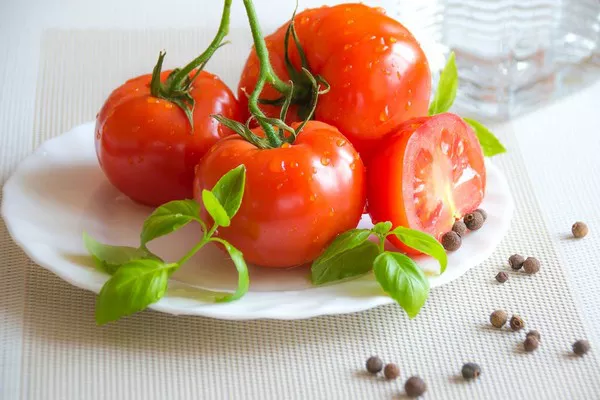The UK government has confirmed that the initiation of post-Brexit checks on food, plant, and animal products arriving in the country has been postponed for the fifth time, pushing the commencement date to the end of January next year.
This delay, while largely anticipated, extends the phased introduction by an additional three months from the previously scheduled late October timeline. The government cited a need to offer businesses more preparation time following consultations with the industry. However, traders expressed concerns about the limited timeframe for adapting to the new regulations.
This decision is also perceived as a response to fears that implementing the checks could exacerbate food price inflation amidst the ongoing cost of living crisis. The government, however, maintains that the impact of the new border strategy on overall inflation would be less than 0.2% over a span of three years.
Unlike the UK’s exports to the EU, which have been subjected to controls since January 2021, the checks on goods traveling in the opposite direction will not commence until three years later. This discrepancy has led domestic food producers to voice complaints about the preferential treatment afforded to their European counterparts.
Starting from January 30, imports of medium-risk animal products, plants, plant products, and high-risk non-animal origin food from the EU will require health certificates. Physical inspections of these goods at the UK border are slated to begin at the end of April next year.
In the final phase, safety and security declarations for EU imports will come into effect from the end of October 2024. Furthermore, full customs controls will be implemented for “non-qualifying Northern Ireland goods” starting January, covering food and feed products that are not owned or processed by a registered or approved business within Northern Ireland.
The government emphasizes that its border strategy, known as the target operating model (TOM), will enhance the UK’s defenses against biosecurity threats. This entails implementing controls on EU imports for the first time while leveraging Brexit-related freedoms to streamline import regulations for goods from around the world.
The Cabinet Office has estimated that adopting a more lenient border regime compared to the initially envisioned approach, which avoids the need for certificates or physical checks on low-risk imports, could save businesses approximately £520 million annually compared to the original 2022 import model.
Lucy Neville-Rolfe, a minister of state in the Cabinet Office, stated, “Our innovative yet risk-based approach is key to delivering a world-class border system” and affirmed the government’s commitment to supporting businesses through the transition.
For consignments of fresh food and related items entering the UK through the Port of Dover and the Eurotunnel that are subject to sanitary and phytosanitary (SPS) checks, a “common user charge” will apply, ranging from £20 to £43, regardless of whether they are selected for inspection or not. However, the final rates remain undetermined, introducing ongoing uncertainty for importers.
Business groups have acknowledged the “clarity” provided by the government regarding its digital trade system plans but cautioned against further delays. William Bain, head of trade policy at the British Chambers of Commerce, emphasized the necessity of preparedness, particularly in light of long-term investment and supply chain decisions.
Nigel Jenney, chief executive of the Fresh Produce Consortium, which represents the UK’s fresh produce supply chain, expressed belief that the government had heeded the concerns of industry members. While highlighting the reinforcement of UK biosecurity and efforts to minimize supply chain disruption, he acknowledged that challenges persist.

